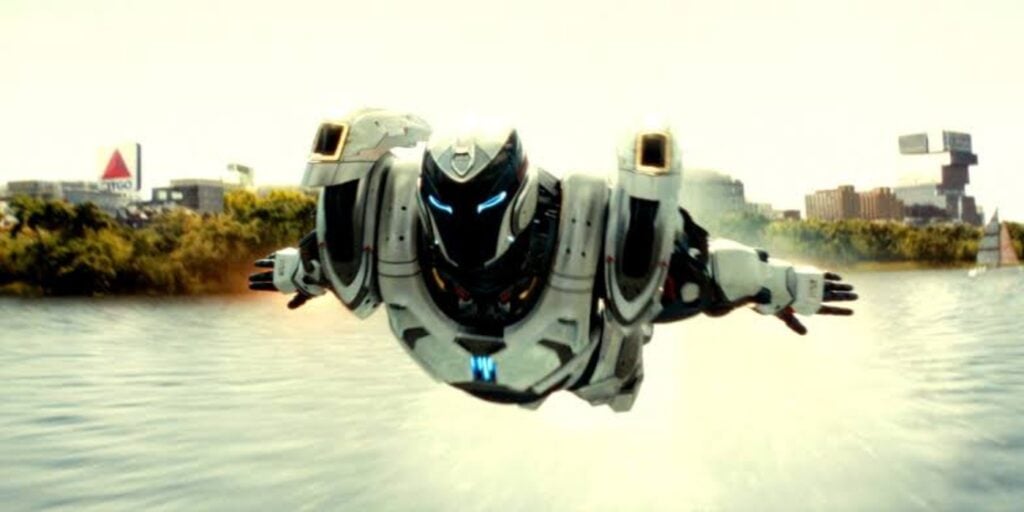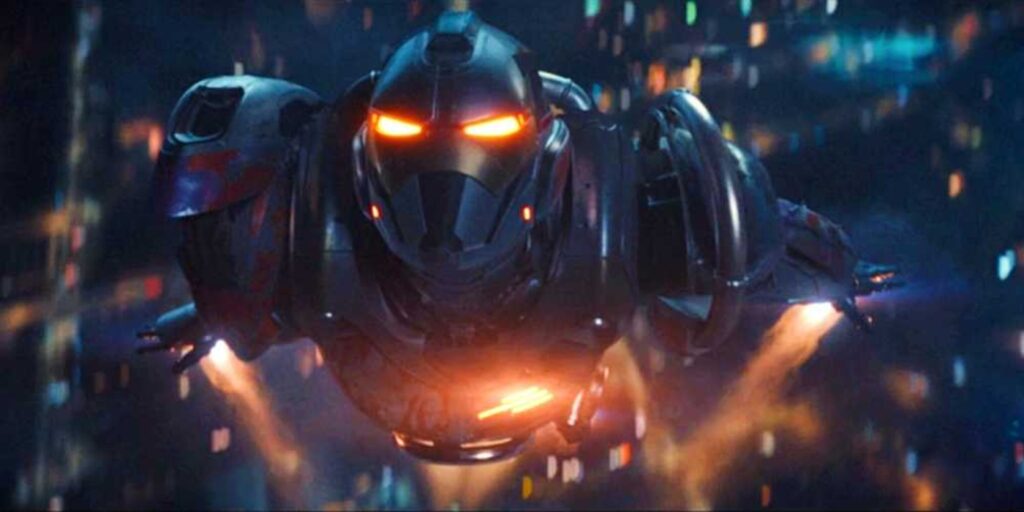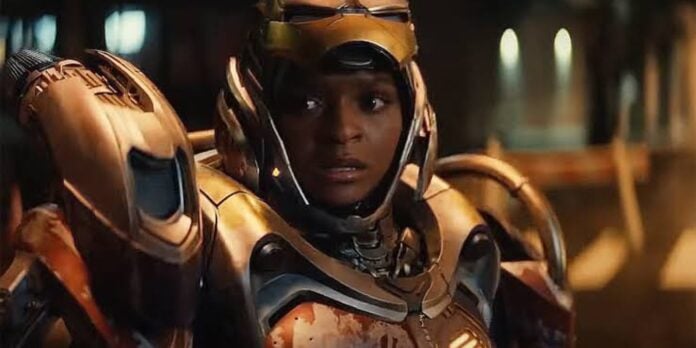Marvel Studios’ ‘Ironheart’ has landed, and the reactions have been predictably mixed. As the Disney+ show led by Dominique Thorne’s Riri Williams settles into the larger MCU, it’s clear the series is not without flaws.
However, beneath its rushed pacing and inconsistent tone lies something worth holding onto. The show, despite its errors, offers a fresh perspective, powerful themes, and a deeply human story that dares to reach beyond the formula.
‘Ironheart’ Perfectly Reimagines The Use Of AI In The MCU

While many fans were quick to dismiss ‘Ironheart’ based on early skepticism, and perhaps Marvel burnout, the show delivers more than just standard superhero fare. In fact, it showcases meaningful character growth and a new kind of hero who deserves just as much room to evolve as Tony Stark ever had. While the show might not be Marvel’s finest hour, it’s a step worth taking.
Related: ‘Ironheart’ Brings Back A Forgotten Infinity War Idea That Might Change MCU Forever
At the heart of ‘Ironheart’ is Riri Williams, a genius inventor trying to pick up the pieces of her life while stepping into the overwhelming legacy of Iron Man. Dominique Thorne continues to impress, carrying the series with subtle vulnerability and intellectual fire. Her version of Riri isn’t some overconfident prodigy immune to doubt. She is simply a young woman grieving the loss of her stepfather and sister, navigating guilt, trauma, and purpose.
This emotional backdrop is where ‘Ironheart’ starts to shine. In a particularly moving flashback in episode 5, we see how her stepfather’s admiration for Tony Stark inspired Riri’s fascination with building her own armored suit. It’s not just about genius or tech, it’s about love, legacy, and healing through invention. Then comes Natalie, Riri’s AI, which is based on a scan of her own brain. This is where ‘Ironheart’ takes one of its boldest narrative swings.
The show explores the blurry line between innovation and identity. Natalie isn’t just a piece of tech; she’s a reflection of Riri’s psyche, her fears, and her unspoken wishes. It’s also a nod to Marvel’s history with artificial intelligence, one that includes Ultron, Vision, and Jarvis. However, Ironheart approaches the subject with more nuance, not in epic city-destroying battles, but in quiet conversations and internal tension.
‘Ironheart’ Couldn’t Stand Out Due To Disney+ Format

‘Ironheart’s production quality keeps up with the high Marvel bar. From stylish action choreography to a killer soundtrack, the show doesn’t slack on aesthetics. The visual effects are mostly solid, with surprisingly practical elements for a show so rooted in tech and magic. And the performances? Even better. The dynamic between Riri and Robbins is built on an intriguing premise. It revolves around technology vs. magic. It’s Marvel at its best, clashing ideologies that reflect broader cultural tensions.
In case you missed it: ‘Ironheart’ Finally Introduces A Much-Awaited MCU Villain
However, unfortunately, ‘Ironheart’ doesn’t have the room to develop these themes fully. And this is where Marvel’s old habits bite back. The six-episode format compresses narratives that need time to evolve, forcing rushed character arcs and underdeveloped motivations. In ‘Ironheart’, the bond between Riri and her criminal crew never gets quite enough time to blossom. The Hood’s backstory is crammed into the final stretch.
Even the moral ambiguity of Riri’s final decision, arguably the show’s strongest moment, lands with less impact because we haven’t fully lived in her moral world. Characters like Ezekiel Stane had the potential to be standouts but were sidelined. The dynamic between Parker and his hacker Slug is reduced to meme material. These missed opportunities are not the fault of the actors or the themes, but rather the format.





